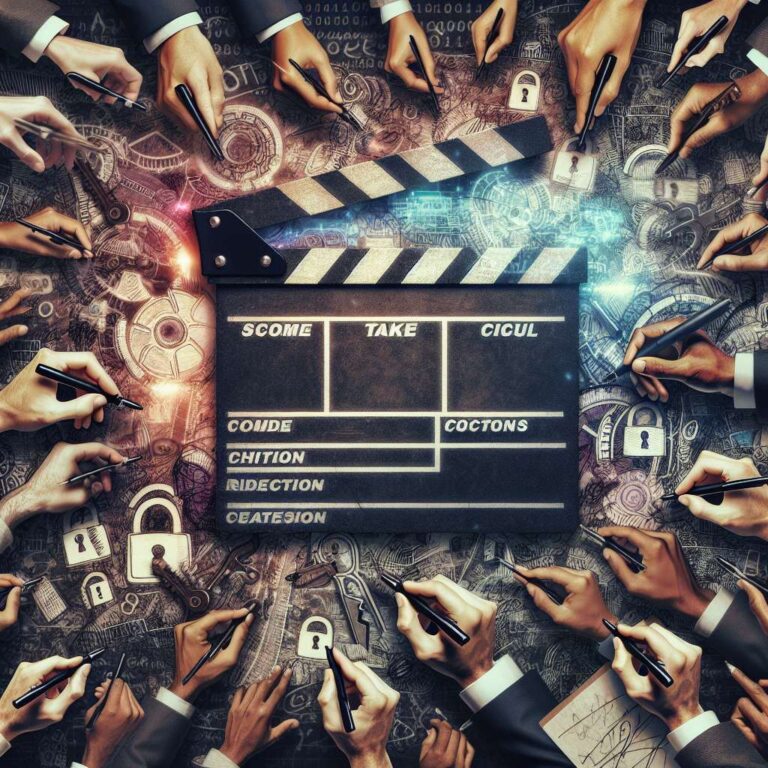Artificial intelligence is rapidly reshaping the media and entertainment sector, moving from a perceived threat to a widely adopted tool across studios, production companies, and creative talent. Industry professionals are leveraging artificial intelligence to streamline content development, automate post-production, enhance casting processes, and even create new opportunities for voice actors through licensed likenesses. Writers and creators are also using generative platforms for ideation and drafting, illustrating the technology´s expanding influence throughout the creative pipeline.
Labor action in 2023, notably strikes by the Writers Guild of America and SAG-AFTRA, crystallized concerns over artificial intelligence’s impact. New union contracts have now embedded initial guardrails: writers cannot be forced to use artificial intelligence or lose credit, and actors must give informed consent if their likeness, voice, or performance are deployed or modified via artificial intelligence. While these agreements mark progress, they only partially address deeper issues surrounding authorship, ownership, and creative control—problems whose complexity will require broader regulatory action.
Global regulatory reactions range from fragmented to comprehensive. The United States has prioritized voluntary industry pledges and state-level transparency measures, notably California’s laws requiring disclosure of artificial intelligence training data. Europe’s Artificial Intelligence Act, enacted in 2024, introduces robust rules mandating transparency, risk categorization, and synthetic content labeling for generative platforms. The United Kingdom maintains its traditional copyright framework while weighing reforms, whereas Canada and Australia have issued guidelines and established consultative groups to focus on copyright, transparency, and responsible development in creative contexts. UNESCO’s global ethical recommendations, adopted by all member states, promote transparency, fairness, and human oversight for artificial intelligence systems, setting international benchmarks.
Despite the accelerating wave of governance, significant legal gray zones remain. The U.S. Copyright Office’s stance denies copyright to fully artificial intelligence-generated works and uses a case-by-case approach for hybrid projects, fueling ambiguity. Informed consent and likeness rights have emerged as key battlegrounds as artificial intelligence becomes increasingly adept at replicating human identities, with proposals focusing on biometric data safeguards, watermarking, and digital traceability. The dispute over training data usage reached a new pitch with Disney and Universal’s landmark 2025 copyright lawsuit against Midjourney, igniting debate over whether existing laws suffice or if specific artificial intelligence-oriented reforms are required. As regulators, creators, and technologists grapple with these evolving challenges, the future of creative work remains intertwined with both the capabilities and constraints of artificial intelligence.

